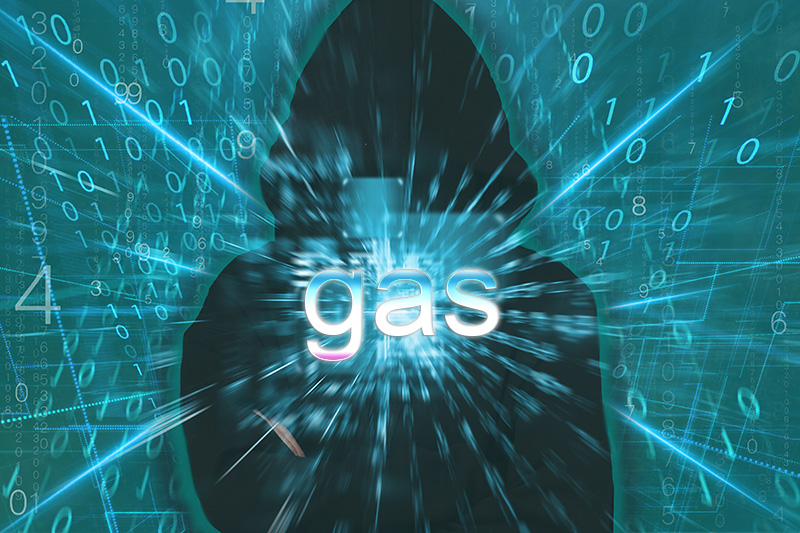transaction cost

overview
Every transaction on the Eteria requires a small processing fee to be paid
This type of expense is called "gas" fee
gas costs vary with network congestion conditions

Schedule transaction time

Waiting for cost reduction

Using a two-layer network

What is gas cost?
The Eteria can be seen as a large computer network, where people can perform tasks such as sending information or running programs. Just like in the real world, completing these tasks requires energy.
In the Eteria, each calculation operation is set with a "gas" price. gas cost refers to the total cost of operations performed in a transaction. When sending transactions or running smart contracts, gas fees need to be paid in order to process them.
What causes high gas costs?
As long as the computational load (gas) on the Eteria exceeds a specific threshold, gas costs begin to rise. The more gas exceeds the threshold, the faster the gas cost increases.
Higher costs may be caused by factors such as popular decentralized applications or non homogeneous tokens, cyclical increase in trading volume on decentralized exchanges, or massive user activity during peak hours.
Before deployment, developers on the Eteria should carefully optimize the usage of their smart contracts. If many people are using a poorly written smart contract, it will consume more gas and may inadvertently cause network congestion.


Why do we need gas?
gas is a key element in ensuring the security of the Eteria and handling transactions. gas plays a role in many ways:
- gas can help Eteria prevent hacker attacks and prevent malicious actors from crushing the network through fraudulent activities.
- Because computing consumes gas, engaging in expensive transactions, unintentionally or maliciously launching spam attacks on the Eteria is not economically worthwhile.
- Setting hard limits on the amount of computation that can be executed at any time can prevent the Eteria from being crushed, helping to ensure that the network is always accessible.
